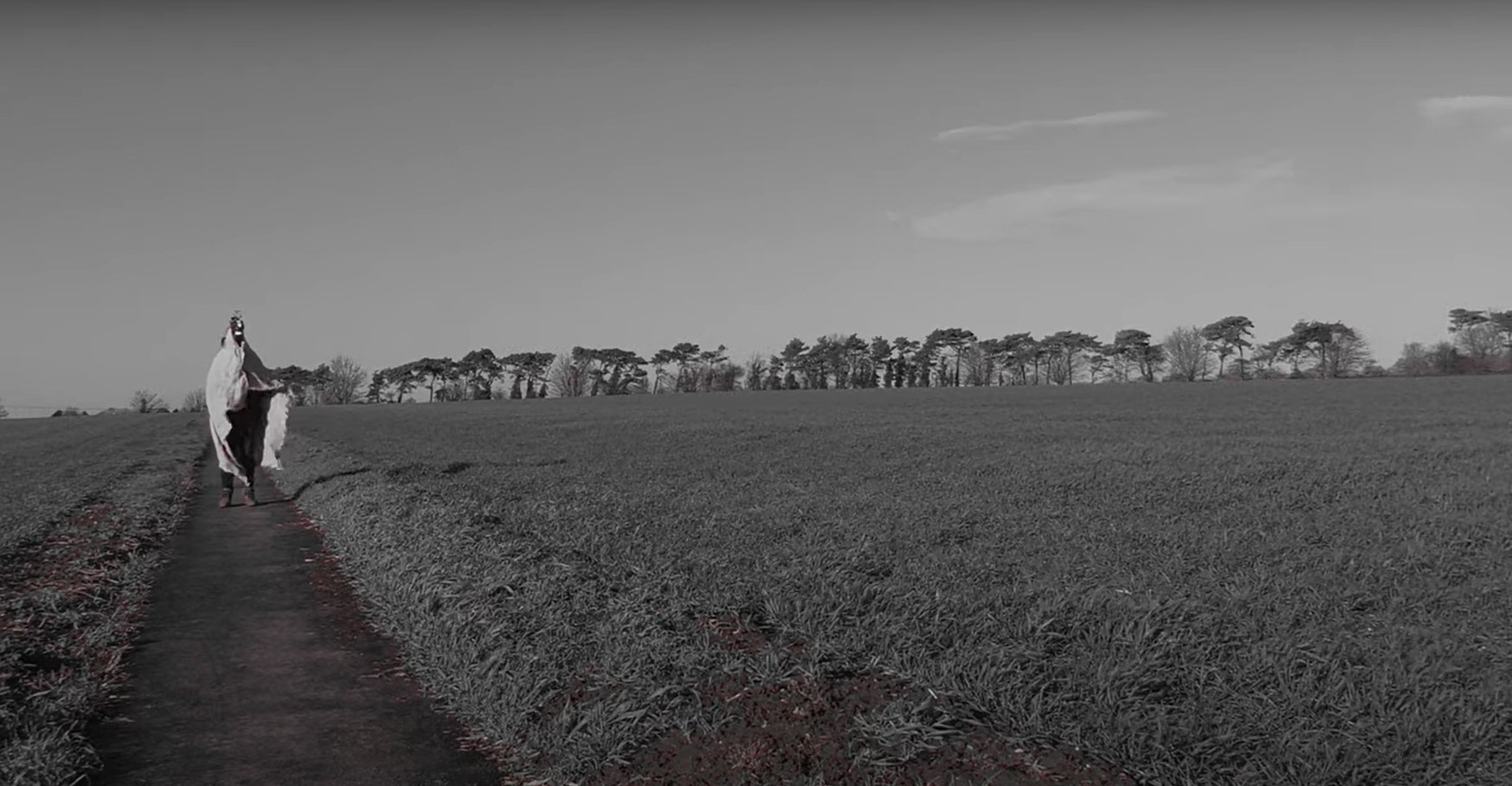This year’s Fourth World Congress of Psychogeography is hosted in the historic city of Canterbury. Our theme for the congress is ‘heritage and hiraeth’.
Heritage (attributive): Characterized by or pertaining to the preservation or exploitation of local and national features of historical, cultural, or scenic interest, esp. as tourist attractions.
Hiraeth (Welsh English): deep longing for a person or thing which is absent or lost; yearning; nostalgia; spec. homesickness.
Spanning three days, across four venues, outside, and online, the congress will explore the concepts of heritage and hiraeth through a series of presentations, films, walks, walk scores, provocations, performances and workshops. Expect to experience creative and critical responses to place-based nostalgia, psychogeographical approaches to heritage, sites of hauntings and longings, pilgrimage and site-specific (be)quests.
Thanks to financial support from Canterbury Christ Church University, our events we will take place in the footprint of a UNESCO World Heritage site, with the option for those unable to join us in geographical space to be with us virtually for parts of Friday’s programme.
Programme Highlights
FRIDAY 6 September
Installations by Elspeth (Billie) Penfold, Bill Laybourne and Helen Garbett, and Alexandra Le Rossignol. Bookstall hosted by the CCCU University Bookshop and Less Than 500 Press. Presentation Panel Sessions featuring Ruth Broadbent, ArtCouple, Lydia Nightingale, Rik Fisher, Phil Smith, Melanie Mowinski, Priti Pandurangan, Wayne Hoyle, Darren Oldridge, Permission to Play, Mattias Rodriguez-Mourino, Blake Pfeil, Ronnie Scott, Cliff Andrade, Patrick Ford and Nina Yiu Lai Lei, Stephen Donnelly, Helen Tennison, Emmie Alderson, Andrew Chapman, Gareth Rees, Phil Hubbard, Charles Josefson, Sharon Kraus, Elizabeth Tomos and S K Marley. Story-Mapping Workshop with Jack Lowe. Psychogeography Shorts film screening featuring Simon Beesley and Richard Cabut, Cliff Andrade, Grace Yu, Adele Mary Reed, Darren O’Brien, Andrew Finch, and Pink and grAy.
SATURDAY 7 September
Walks & Workshops with Priti Pandurangan, Tamsin Grainger, Alexandra Le Rossignol. Elspeth (Billie) Penfold. Kristina Rothstein, Jenny Alderton and Tricia Enns. The 4WCoP Tea Party featuring Martha Benedict, Crab and Bee, Gareth E. Rees, Victoria Field, Alex Le Rossignol, Sonia Overall, Elizabeth Waterman-Scrase and Caroline Miller. The 4WCoP Night Shift featuring Helen Tennison and the 4WCoP plenary session.
SUNDAY 8 September
#DistanceDrift Live with Sonia Overall. Winter Theory School discuss… with David Upton, Tim O’Connor and the Winter Theory School..
Anytime walk scores throughout the congress
By Ashley Schick; Acoustic Mirror; PS Walks; Kristina Rothstein; Jenny Alderton; David Upton, Tim O’Connor and Winter Theory School; Sonia Overall.



